God Save The Streets: Avelino on the story behind his anticipated debut album
It’s 10 years since rapper Avelino first appeared on the scene, but as he tells Rolling Stone UK, the creation of his 'body of work', debut album God Save The Streets, could not be rushed
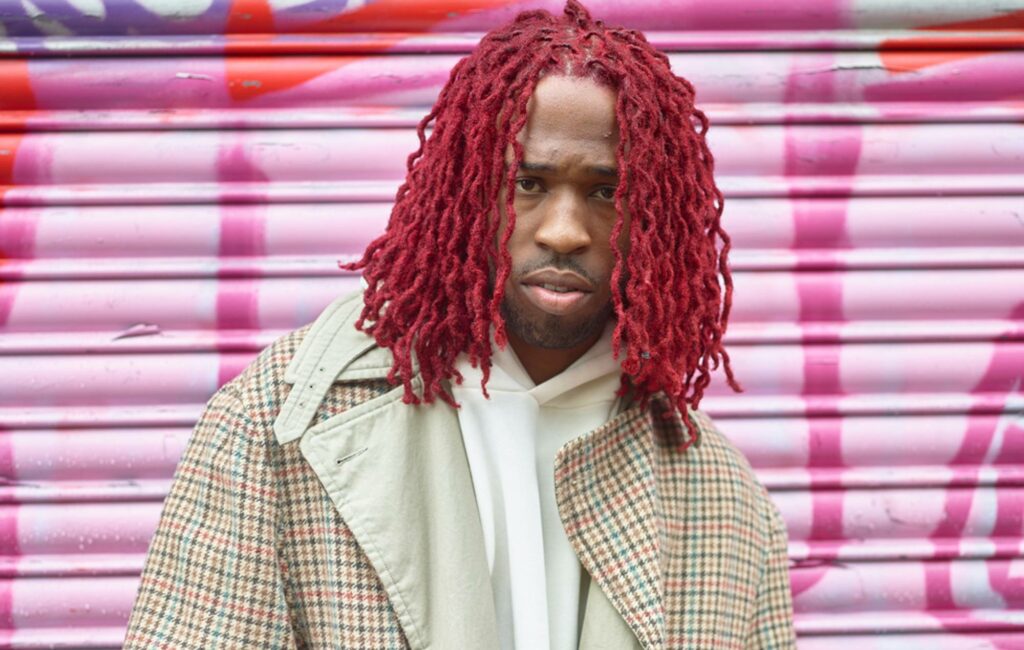
In genealogies across global cultural lines, a surname — usually from the father’s side of the family — spans generations, with offspring carrying a legacy of tradition. Ify Adenuga had to remind her son, UK rap juggernaut Skepta, that his surname “meant something” even if others struggled to pronounce it. Meanwhile, British contemporary Dave hides his surname to spare the burden of it being publicly tied to his siblings and getting them into unwarranted trouble. For Tottenham native and fellow rapper Avelino, his surname became his solace in one of the hardest times of his life.
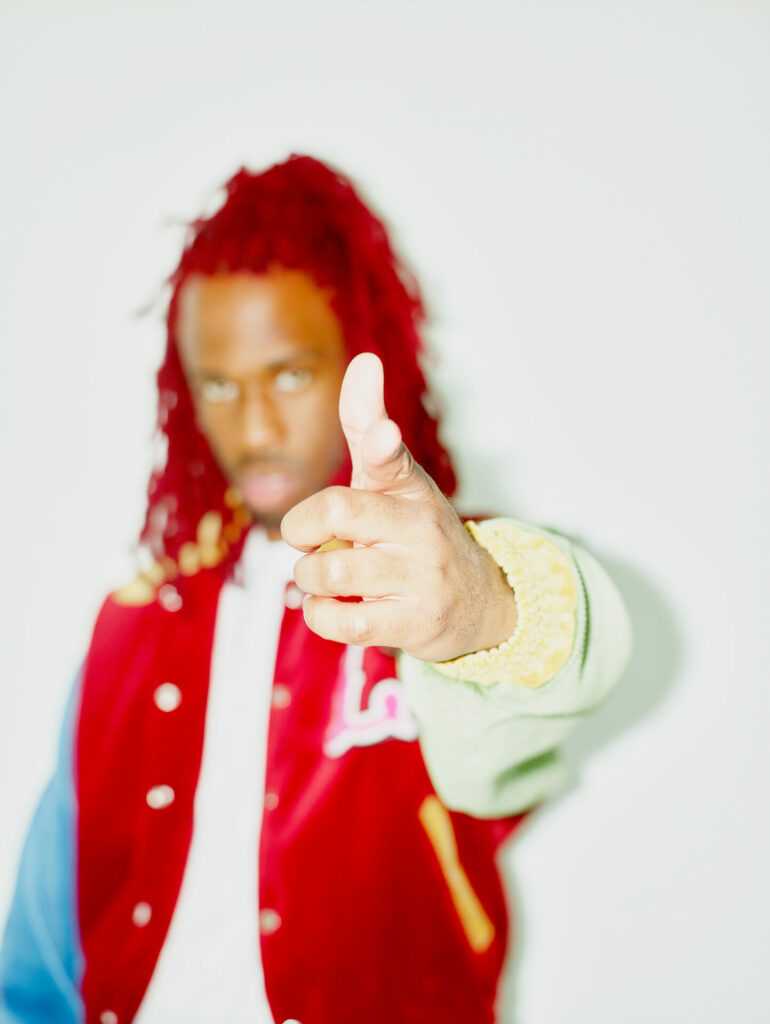
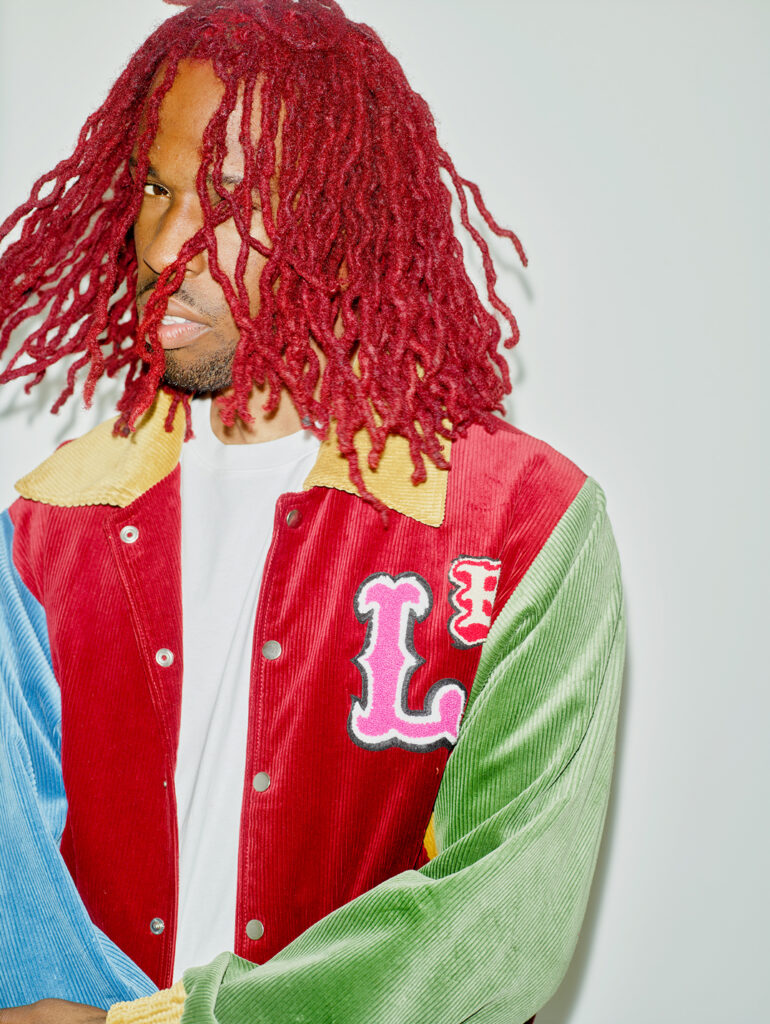
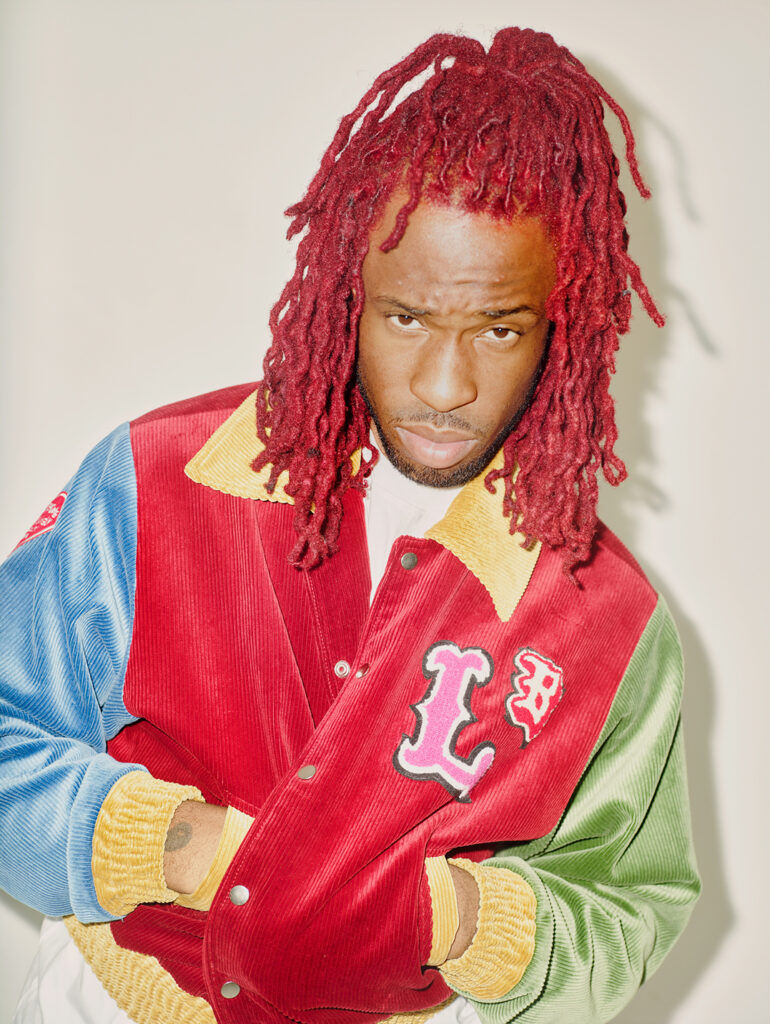
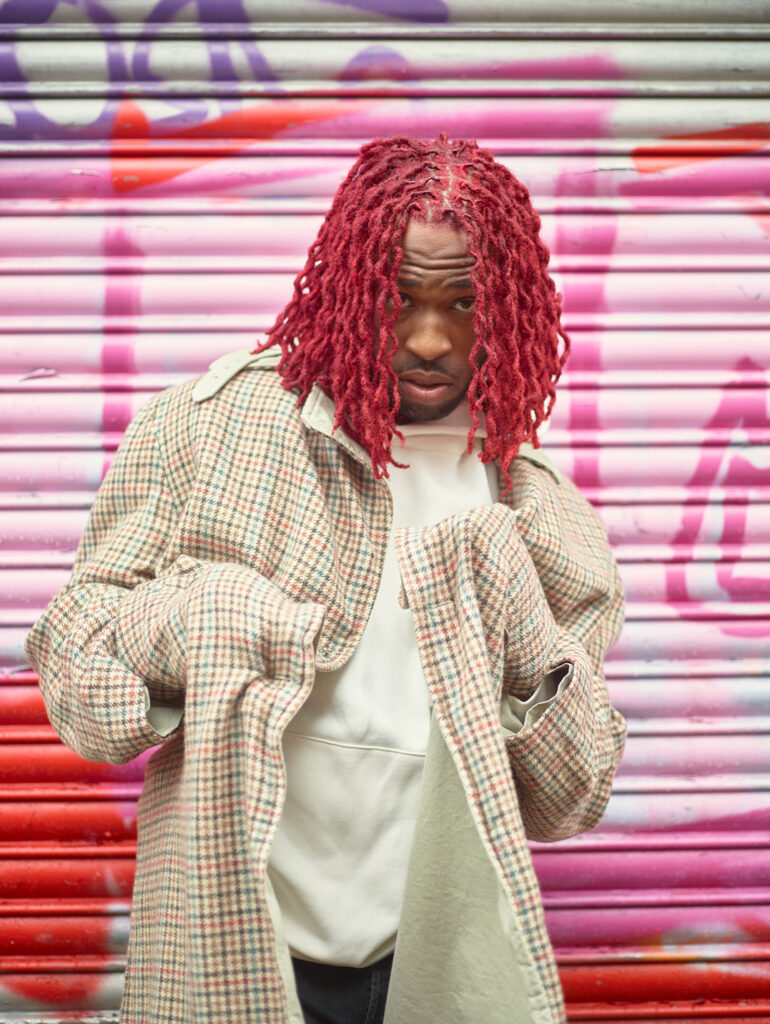
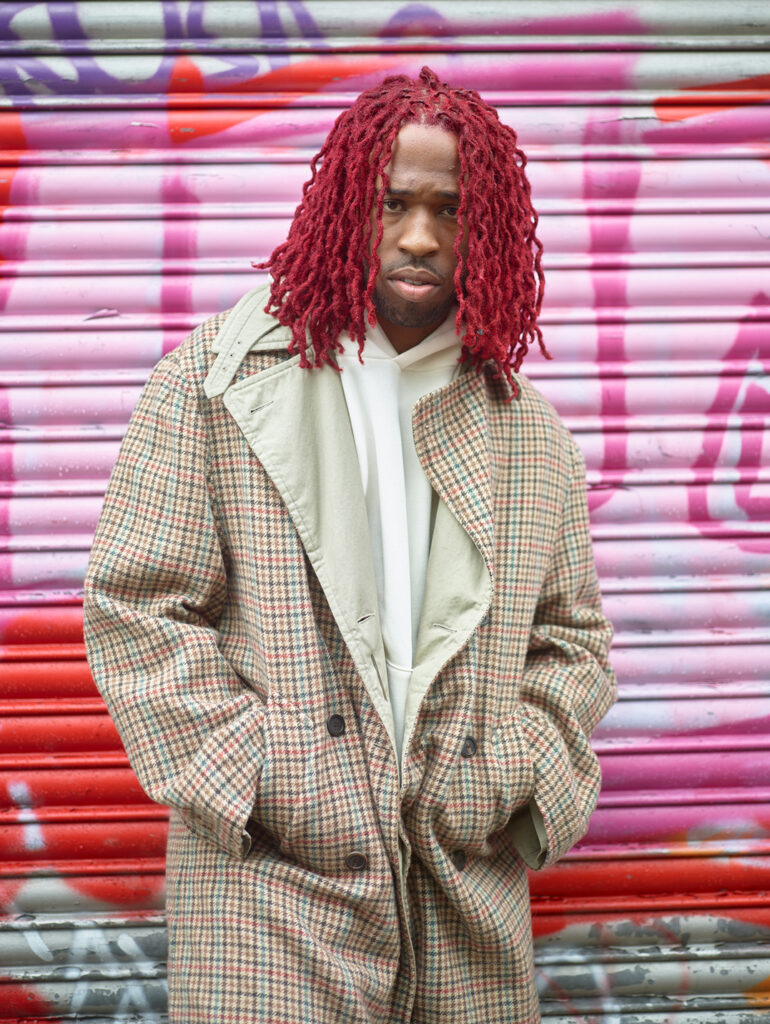
It’s 24 hours after Avelino’s GRM Daily Duppy launch when we meet, and the number of viewers has already crossed the 100,000 mark. But instead, he and I are focused on a specific line relating to his father which he used in his performance. “My dad died, so I made my surname my stage name, so I could represent in that way,” he rapped, more ambitious on his second appearance on the platform.
Wistfully reflecting on this loss 15 years ago while adjusting his gleaming white Nike Air Forces, Avelino sees his father’s name as a form of catharsis. “This experience should technically be the worst experience that has ever happened to me,” he begins, internally battling between sharing and holding back before deciding to continue, as we settle into sofas at the head office of his press team DawBell’s on a Friday night. “Instead of letting that curse me for the rest of my own life, I positioned it as an ultimate source of motivation.”
Ten days after his GRM performance, the views have multiplied by five (541,000 and counting at the time of going to print), and Avelino is being called one of the best rappers on British soil. His flow is smoother, he’s not eager to arrive at the mic, but simply caresses it with skilful wordplay and unmistakable omnipresence across the segment’s four and a half minutes. He’s so confident that he embeds the storytelling and ruminations among puns of hip-hop figureheads like Jay-Z, Nas and Drake, subtly positioning himself as a so-called great-of-all-time in the process.
“It’s looking at everything around me, the nature, the sky and realising that humans, we all are everything and nothing at the same time,” Avelino laughs to himself, almost embodying a wisdom that feels generations beyond his 29 years. “Through our own eyes, we should be the most important in our own lives, but at the same time, we’re one of however many billion, on one planet in a universe.” It’s in this context that Avelino can think with a broader perspective.
Holding himself in such high regard isn’t a delusional act when you examine the trajectory of his career. It’s there in abundance, beyond the social traction of his two Daily Duppy instalments. It’s etched into the fabric of British rap history, where talent and an alignment to hip-hop’s original doctrines of lyricism are concerned. With unyielding confidence in his sharp pen, on his first mixtape Iconic Ambition in 2015, alongside his peers at the time Bonkaz and Stormzy, he promised to deflame any of his competition.
His potency as a lyricist caught Wretch 32’s attention a year later. He hand-picked the rising rapper, creating the Young Fire, Old Flame mixtape and inducting him into an unofficial hall of fame of the next generation of UK rap. On 1Xtra’s Fire In The Booth, Avelino stood next to Wretch, his then idol, as he passed Avelino the mic, in essence crowning him a rap prodigy.
It’s been roughly 10 years since Avelino’s arrival in the rap sphere and we’re weeks away from the release of his debut album God Save The Streets. But Avelino is a name that’s risen alongside the blossoming of peers such as Little Simz, Dave, Knucks, Kojey Radical et al. When asked whether there is any frustration in his artistic journey, humility acts as Avelino’s armour as he responds. “That thought couldn’t happen today, because everything’s happening [in perfect timing],” he says candidly. “Imagine Skepta before dropping any of his bodies of work and [if he] stopped himself from dropping any of his classic works. It’s always you versus you.”
Avelino still views the debut album as an extremely meticulous creation. “Two of the first albums I remember buying were [Amy Winehouse’s] Frank and [The Streets’] Original Pirate Material. Two really strong bodies of work and in that time the physical album means a lot to you,” he states, his gaze as piercing as ever as he rationalises his stance. Recalling the details, from the artwork to the liner notes, Avelino also references Nas as an artist wedded to the craft of rap. “I come from listening to bodies of work, it’s about sonics, it’s about voices working with that.”
The unveiling of God Save The Streets started roughly four years ago in 2018 at the NME Awards. After drunkenly hinting at an album being in the works — “the greatest British rap album”, to be exact — Avelino knew that where he was at that moment wasn’t where he needed to be either as a person or as a musician to deliver a defining body of work. “It’s crazy the way life works, because drunken words are sober thoughts,” Avelino laughs on reflection. “But I knew I needed time to develop in the studio, so that’s exactly what I did. I thought that I’d know what the feeling would be when I got there with a body of work that felt like an album, so until that moment I cooked.”

He continues, “I think it must’ve been 2021, and I’d been recording. I didn’t have a body of work together, but I saw the Sex Pistols’ ‘God Save the Queen’ artwork, my manager at the time was referencing something.”
Instantly seeing God Save The Streets, without a second thought he knew that would be the title of the record. It felt apt for the climate in Britain today: a monarchy under scrutiny from many — both outside and from within in reference to Prince Harry and Meghan Markle — paired with police brutality, such as the unjust killing of Chris Kaba, gentrification and more. Beyond their juxtaposition on a material level, the Sex Pistols embodied their punk aesthetic using the song to also critique fascism.
To Avelino, ‘God Save the Queen’and his subsequent album title served to build universes between his genre of rap and that of punk rock. “You don’t carry that message without being able to carry the perspectives and history as a human. I can do that using my personal growth as an example. There are synergies with how the world looks today and classism that existed, when Sex Pistols did their ting too,” says Avelino. Articulating further, he sees the societal statement as transcending the music and being part of a larger tale of community struggle. Beyond the moniker itself, the album’s artwork explores this reference further, employing the talents of Reuben Dangoor to create an image where Avelino’s headshot is placed in the centre of the Union Jack, with the album title plastered in newspaper cuttings across his eyes, emphasising the pertinence of his message.
In this context, Avelino leans into who he is, with his past experiences in Tottenham in proximity to criminality, violence and the short-sightedness of youth activity informing the album’s overarching theme. It’s largely bathed in introspective form hip-hop, with melancholic soundscapes cloaking Avelino’s ruminations. ‘Twin Flame’, for example, lays bare the adjustment to love experienced by those who have been isolated due to life’s circumstances.
God Save The Streets instantly commands attention without needing to rely on loud, abrasive delivery, Avelino intentionally takes his time with his cadence to aptly impart his teachings with ease. When the project does tinker outside its stratagem, it’s to infuse elements of interrelated genres like R&B or drill, which reflects one of the modern faces of UK rap’s sub-genres, with artists like Headie One and Central Cee commanding its future. But Avelino doesn’t feel like an artist chasing trends, instead he embraces elements of the present, past and future as he relates to a generation that is looking to him for guidance and lineage.

From using acts such as Ghetts and Backgroad Gee on the urgent track ‘Vex’, to its nuanced display of rap-infused genres, with the partially drill-influenced ‘God Save The Streets Pt. 2’, perched alongside an abundantly hip-hop-tinged ‘Twin Flame’, the album is heavily ambitious in its approach. Perhaps the most compelling aspect of the project, however, is in its narration. While working on the project with executive producer Wretch 32 — with support from Fraser T Smith — Avelino was put in touch with reformed gang member Marvin Herbert. “I wanted the album to have an authentic touch outside of my own personal stories, I wanted another tie to the themes,” says Avelino, leaning back in his chair as he does so. “[Marvin Herbert] is someone who has been about that life and has seen the real-life consequences.” After being shot in the eye due to gang violence, Herbert bowed out of this tumultuous lifestyle and as a youth outreach worker now advocates and protects young people against it. The touch is subtle but helps to archive the history of violence in his sphere. Remnants of Herbert’s Liverpool accent make his reflections on the album opener ‘God Save The Streets Pt. 1’ feel distinctly British, foreshadowing the album’s complicated themes.
For Avelino, God Save The Streets isn’t about being patronising, it’s an embodiment of his experience and development as a human. In it the rapper is forced to face his realities, and thus reckon with them. The album closer ‘Acceptance’ is a three-minute summative mirroring of this exact process: “I was trying to be an awesome baller, had the ball in my court and got caught up / Broke down because of how I was brought up” he raps frankly. With mainly piano as a backing, his vulnerability and his plea for forgiveness reflect a man who is taking the necessary steps in order to heal from his past.
Outside the music, part of what made Avelino ready to release a debut album was down to the insights and tools he discovered while in therapy. “A brilliant woman, Lynn Scott, sat down with me and taught me the essence of what good and bad mental health looks like,” Avelino begins, a sense of catharsis lingering in his tone. He slows down as he chooses the right words while playing with his hands. “I learned that the truth is: me and you can’t change what’s happened. But we have control in our response to how we feel, relate, react to what’s happened.” He uses his name and his father’s passing as an analogy, saying that by embodying that surname as a sign of respect for his father, Avelino has chosen to allow his identity and rap career, in a way, to become an ode to his family heritage.
Right now, Avelino is excited about life and that theme runs throughout our conversation. But the antidote, ultimately, is in his submission to new ways of behaving, new insights. His ethos is simple: “The beautiful thing about human beings is our ability to change our habits. Anything is possible comes from us choosing what we stay persistent in and go at.” It’s this mindset that keeps Avelino focused. There’s a bigger purpose at stake than being at the apex of a material music industry or being at the mercy of designer brands and his former lifestyle: it’s about the dedication or pressure — depending on how you frame the picture — with a focus on his intentions.
“The vision is the king. The timing, me being here at this stage right now is right on time, everything’s happening perfectly,” he shrugs as we gather our things. “It’s like horse racing, I’ve never seen a horse look left or right, it’s just looking head on, might not even know it’s in a race. That’s how you have to deal with your journey.”
